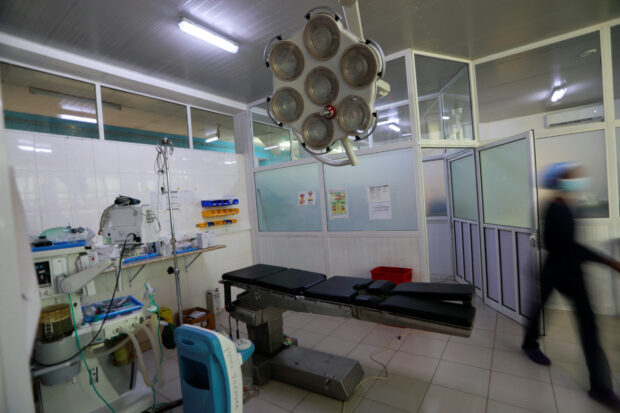How cough syrup gets poisoned

The global market for children’s over-the-counter cough, cold, and allergy remedies in 2022 was worth about $2.5 billion, according to market research firm Euromonitor.
These medicines combine active ingredients such as paracetamol (known as acetaminophen in the United States) to reduce the fever with a syrup made from glycerin or propylene glycol that is safe, sweet, and easy to swallow.
In Gambia, imported cough syrup for children was found by global health officials to be contaminated with two highly toxic substances: ethylene glycol (EG) and diethylene glycol (DEG). Both can be a byproduct of making propylene glycol, said Dr. Chaitanya Kumar Koduri, director of regulatory engagement at U.S. Pharmacopeia (USP), a non-profit that helps set drug-making standards globally.
READ: WHO investigating links between cough syrup deaths, considers advice for parents
Manufacturers making propylene glycol for pharmaceutical use must purify it to remove any toxins, Kumar Koduri said. International standards allow only trace amounts of EG and DEG in medicines: not more than 0.10% of weight per volume, or 0.10g per 100ml of the syrup.
All substances have similar properties. But while propylene glycol is non-toxic, DEG and EG are extremely harmful. When ingested, they lead to kidney failure and ultimately death without speedy treatment, pathologists say.
How lethal the dose is depends partly on the weight of the person who takes it. Children, being smaller, are more vulnerable than adults.
Mix-ups can happen due to human error, said Kumar Koduri. But in the past, industrial grade propylene glycol, or even pure DEG or EG have been substituted by suppliers or manufacturers because they are cheaper.
READ: ‘Fix the system’: Indonesia parents seek justice after cough syrup crisis
EG and DEG can cost less than half the price of propylene glycol, according to two websites selling the chemicals.
In the 1990s, nearly 90 children in Haiti and more than 200 children in Bangladesh were killed by DEG in paracetamol syrups. More recently, children have died in separate incidents in Panama, India, and Nigeria.
Global guidelines drawn up by the World Health Organization have been tightened since, including urging manufacturers to do more tests of their ingredients and finished products. But it is up to individual countries to draft laws and enforce them, at both the point of production and consumption.
RELATED STORY
FDA warns vs cough syrups from Indonesia